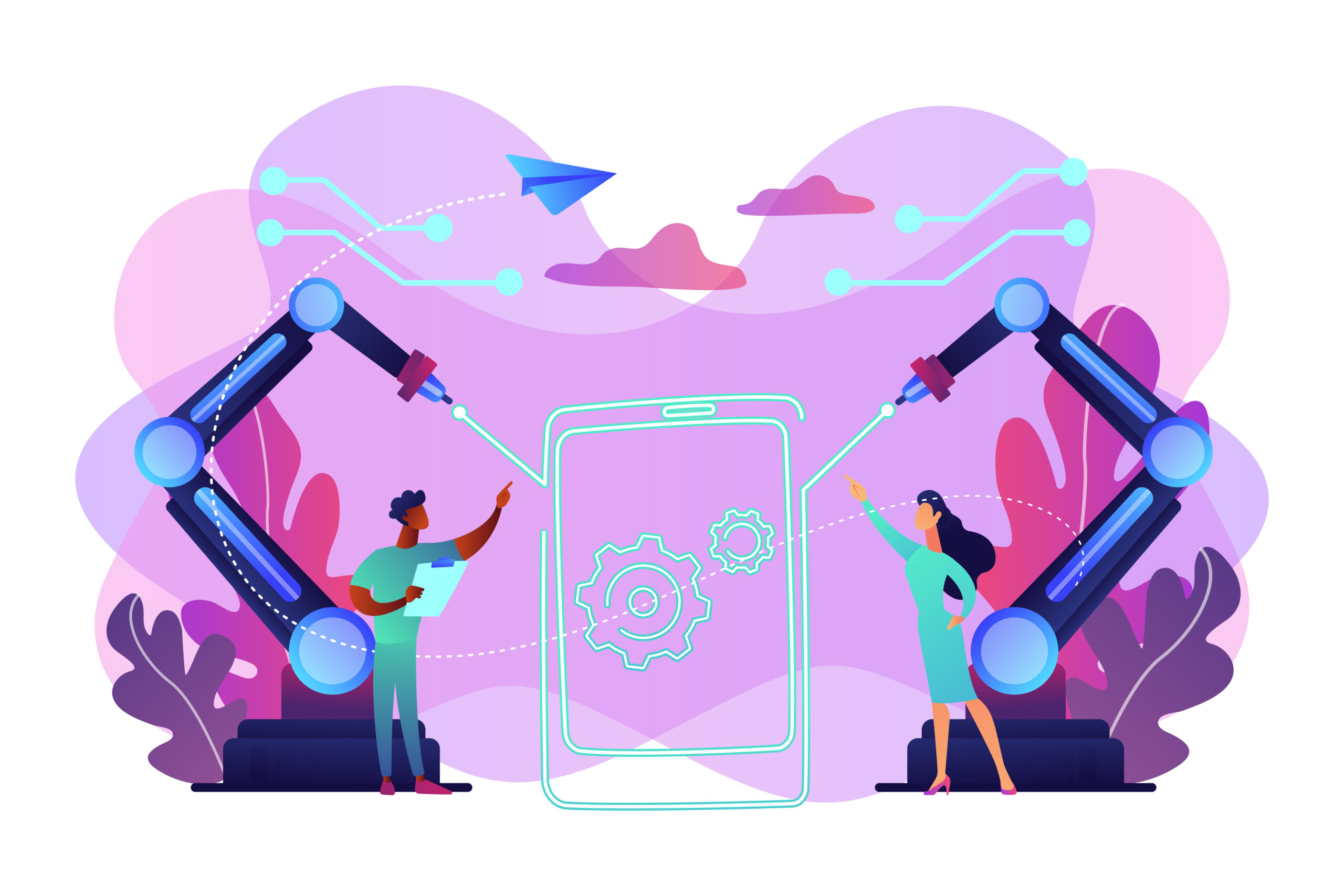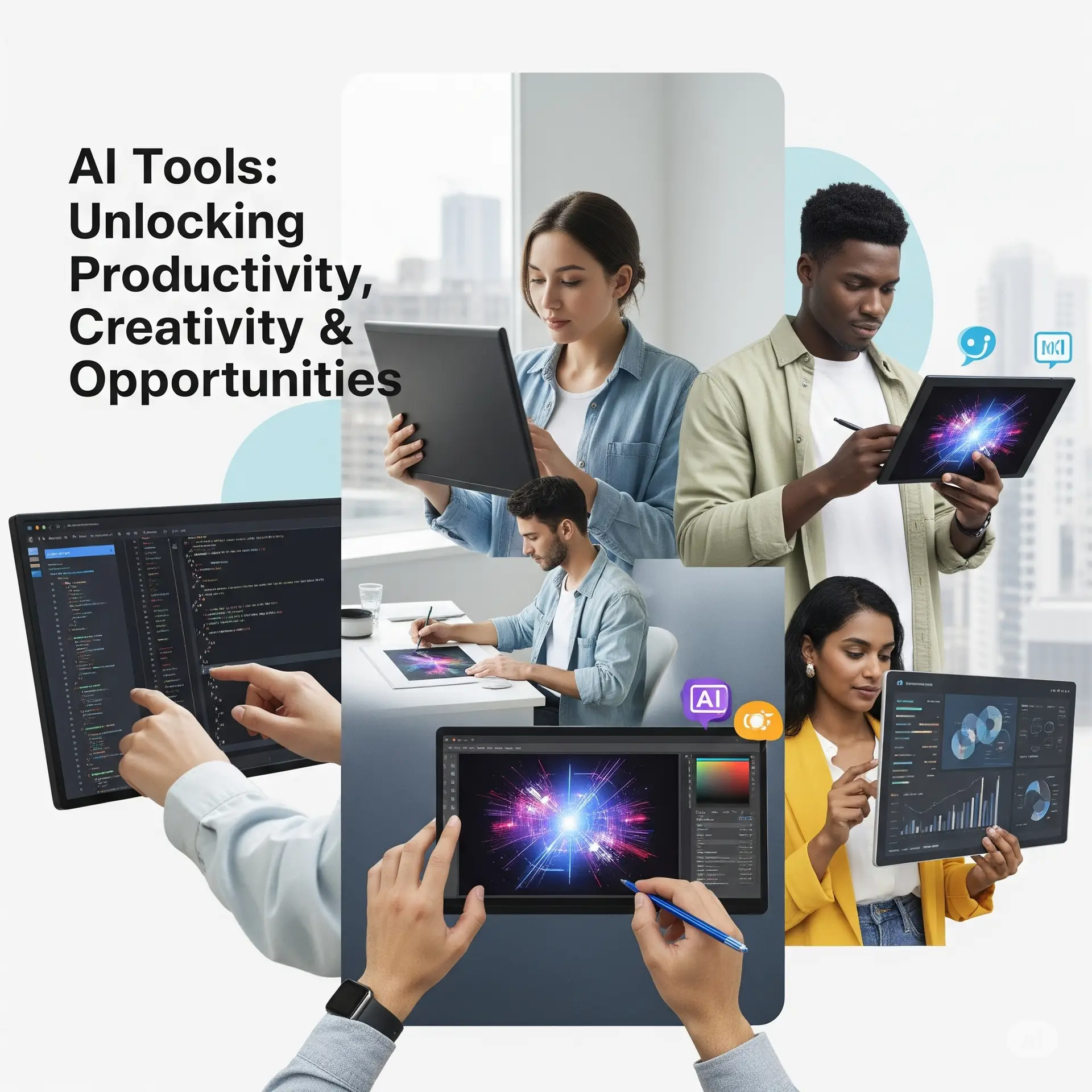Table of Contents
ToggleThe Art of Effective Argument and Conflict Resolution

Effective Conflict Resolution (Dan Shapiro)
Insights from "Negotiating the Nonnegotiable"
This document summarizes key insights from Dan Shapiro's presentation on effective conflict resolution, drawing heavily on his book, "Negotiating the Nonnegotiable: How to Resolve Your Most Emotionally-Charged Conflicts." Shapiro, a Harvard negotiator, argues that while conflict is often uncomfortable, it is "useful" and can be navigated effectively by addressing three core barriers: identity, appreciation, and affiliation. He emphasizes that the "problem is not with the what," or the subject of the argument, but "with the how"—the approach to the conflict itself.
Main Areas & Key Ideas
1. The Pervasiveness and Nature of Conflict:
- Ubiquity of Conflict: Shapiro asserts that "We all experience conflict in our lives," and it is an inherent part of the human condition. He specifically highlights political polarization as a contemporary example of widespread conflict, where "Our country has fallen into what I believe is a tribal trap."
- Beyond the "What": The core message is that the content of the argument ("the what") is less important than the method of engagement ("the how"). Frustration often arises because the conflict feels "nonnegotiable," but this feeling is a common human experience.
- The "Tribal Trap": Shapiro describes a damaging dynamic where opposing sides refuse to "believe," "give any credibility to," or even acknowledge the other's perspective, instead focusing on proving oneself right and "to stifle you down to raise me up."
2. Three Big Barriers to Effective Conversations:
Shapiro identifies three critical barriers that, when overcome, can "transform your relationships" and even "transform politics, how we could transform our country and ultimately our world."
a. Identity:
- Emotional Hook: Conflicts become deeply emotional when they threaten "core values, the core beliefs that are feeling threatened inside of you." When "your identity gets hooked," the conflict becomes about "your pride" and "Your sense of self is on the line."
- Self-Awareness as a Foundation: To navigate this, one must "know who you are and what you stand for." Understanding "the values and beliefs that are driving me to fight for this stance" allows individuals to "get your purpose met and stay balanced, even when the other threatens those core values and beliefs."
b. Appreciation:
- Universal Need, Common Reluctance: Each side "wants to feel appreciated," yet there's a strong tendency to avoid appreciating the other side. Shapiro calls this "a problem."
- The Power of Listening: Effective appreciation starts with active listening. He advises, "When you're in the midst of the conflict, don't talk. Take the first 10 minutes. Consciously listen to the other side." The goal is to understand "What's the value behind their perspective? What's the logic, the rationale?"
- Validation Over Agreement: Once understanding is achieved, it's crucial to "let them know I hear where you're coming from, and you know what? That makes sense." This isn't about agreeing, but about recognizing the validity of their perspective from their viewpoint. "There is nothing more in the world that we like than to feel appreciated."
c. Affiliation:
- Shifting from "Me vs. You" to Partnership: The typical approach to conflict is "me versus you," which leads to "rams butting heads." Shapiro advocates for transforming the relationship from "an adversary into a partner."
- Finding Common Ground: The objective is to make it "no longer me versus you, but the two of us facing the same shared problem."
- Collaborative Problem-Solving: He suggests asking, "'Look, what's your advice on how we can get as many of our interests met at the same time?'" This shifts the conversation to a collaborative search for mutually beneficial solutions.
3. The Potential for Transformation:
Shapiro believes that by implementing these three principles—understanding identity, practicing appreciation, and fostering affiliation—individuals can "transform your relationships" and ignite a "positive revolution of greater understanding, greater appreciation, greater affiliation." He concludes with a hopeful vision that this approach can "transform politics, how we could transform our country and ultimately our world," emphasizing that "it starts with each one of us."
FAQ: Effective Conflict Resolution (Dan Shapiro)
Why do we experience so much frustration and feel so aggravated in certain arguments?
We often feel frustrated and aggravated in arguments, especially those that seem "nonnegotiable," because our core identity – our values and beliefs – feels threatened. When our sense of self or pride is on the line, the conflict becomes deeply emotional and personal, rather than just about the issue at hand.
What is the fundamental problem with how we typically approach conflict, especially in polarized situations?
The fundamental problem isn't what we're arguing about, but how we're arguing. Our society, particularly in political discourse, has fallen into a "tribal trap" where we immediately dismiss and discredit anything from the "other side." This "me versus you" mentality prioritizes proving one's own rightness and stifling the opponent, rather than seeking understanding or resolution.
What are the three major barriers to having more effective conversations during conflict?
The three major barriers to effective conflict resolution are:
- Identity: Our core values and beliefs feeling threatened, leading to highly emotional responses.
- Appreciation: The reluctance to acknowledge or validate the other side's perspective.
- Affiliation: Approaching the conflict as an adversarial "me versus you" struggle rather than a shared problem.
How does understanding one's own identity help in managing conflict?
Understanding your own identity – your core values and beliefs – is crucial because it helps you recognize what is driving your stance and why you feel emotionally hooked in a conflict. The more you understand yourself, the better you can stay balanced and pursue your purpose even when your core values are challenged by the other side.
Why is appreciation important in resolving emotionally-charged conflicts, and how can it be demonstrated?
Appreciation is vital because everyone desires to feel understood and valued. In the midst of conflict, we often resist appreciating the other side, but recognizing their power to appreciate is key. It can be demonstrated by consciously listening for the first 10 minutes, seeking to understand the value, logic, and rationale behind their perspective, and then acknowledging, "I hear where you're coming from, and that makes sense." This validation fosters connection.
What does "affiliation" mean in the context of conflict resolution, and how can it transform an argument?
Affiliation refers to changing the emotional connection between those in conflict from an adversarial "me versus you" to a collaborative "we." Instead of two sides butting heads, the goal is to transform the other person from an adversary into a partner. This shift allows both parties to face a shared problem together, seeking solutions that meet as many of their collective interests as possible.
What practical steps can one take to foster appreciation in a conflict?
To foster appreciation, consciously take the first 10 minutes of a conflict to listen rather than talk. Seek to understand the value, logic, and rationale behind the other person's perspective. Ask yourself: "Why do they hold this view?" Once you genuinely understand, acknowledge their perspective by saying something like, "I hear where you're coming from, and you know what? That makes sense."
What is the ultimate vision or outcome if these three principles (identity, appreciation, affiliation) are applied in conflicts?
If the principles of understanding identity, fostering appreciation, and building affiliation are put into practice, it can transform individual relationships, politics, and even the world. The vision is a "positive revolution" of greater understanding, appreciation, and affiliation, moving beyond tribalism to resolve emotionally-charged conflicts more effectively and collaboratively.
Posts Gallery

Agentic AI for Enterprise Automation
Discover how Agentic AI revolutionizes enterprise automation, boosting efficiency and strategic decision-making.
Read More →
How Agentic AI Works: Intent to Execution
Unpack the intricate process of Agentic AI, from understanding user intent to executing complex tasks autonomously.
Read More →
Purpose & Use Cases of Agentic AI
Explore the diverse applications and strategic importance of Agentic AI across various industries and daily operations.
Read More →
What is Agentic AI?
A foundational article explaining the core concepts of Agentic AI, defining its components and its role in modern automation.
Read More →
Why Agentic AI?
Understand the compelling reasons and significant benefits that make Agentic AI a transformative technology for efficiency and innovation.
Read More →
AI Tools Spotlight
A comprehensive overview of cutting-edge AI tools that are shaping the future of automation and intelligent systems.
Read More →

